Forex Trading Strategies for Volatile Markets: Approaches Tailored for Highly Fluctuating Conditions
In the world of financial markets, Forex (foreign exchange) trading stands out as the largest and most liquid market globally. Traders engage in Forex trading to profit from the fluctuations in currency prices, making it an attractive venture for both seasoned investors and newcomers. While Forex trading is a rewarding endeavor, it can also be highly unpredictable, especially in volatile markets. In this blog, we will explore essential Forex trading strategies tailored for highly fluctuating conditions, equipping traders with the tools to navigate challenging market conditions and increase their chances of success.

Table of Contents
1. Understanding Volatile Markets
2. Importance of Forex Trading Strategies
3. Top Forex Trading Strategies for Volatile Markets 4
4. Implementing Your Forex Trading Strategy
5. Footnote
6. FAQs
Understanding Volatile Markets
Volatile markets are characterized by significant price fluctuations, which can occur within short periods. These fluctuations are influenced by various factors, such as geopolitical events, economic indicators, market sentiment, and unexpected news. During volatile periods, prices may rapidly surge or plummet, creating opportunities as well as risks for traders.
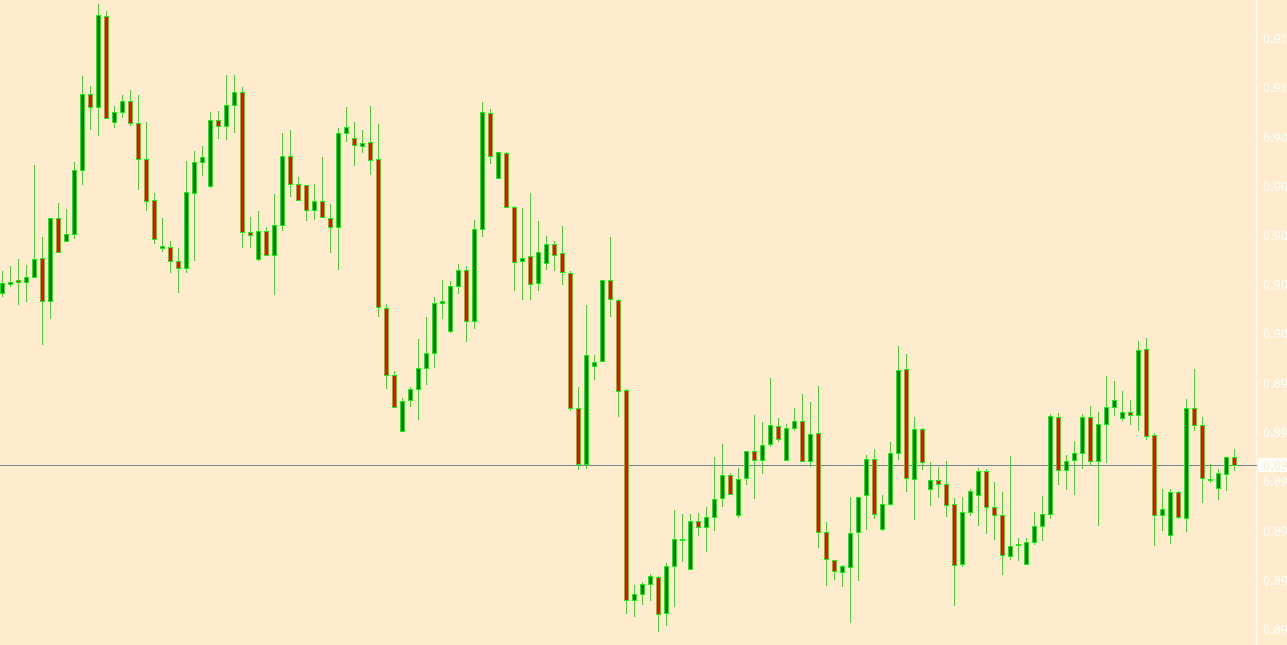
It is crucial for traders to comprehend the intricacies of volatile markets and how to manage their positions effectively during such times. Utilizing appropriate Forex trading strategies can help traders take advantage of market movements while safeguarding their investments.
Importance of Forex Trading Strategies
Forex trading strategies are structured plans designed to guide traders in making informed decisions and managing risks. In volatile markets, having a well-thought-out strategy is paramount, as impulsive trading can lead to substantial losses. The primary objectives of employing trading strategies are to:
- Minimize risk exposure
- Enhance the probability of profitable trades
- Maintain consistency in trading decisions
- Manage emotions and avoid impulsive actions
Top Forex Trading Strategies for Volatile Markets
· Breakout Trading Strategy
The breakout trading strategy is based on identifying key price levels and entering positions when the price breaks through these levels. In volatile markets, breakout traders seek to capitalize on sudden price movements that often occur after periods of consolidation.
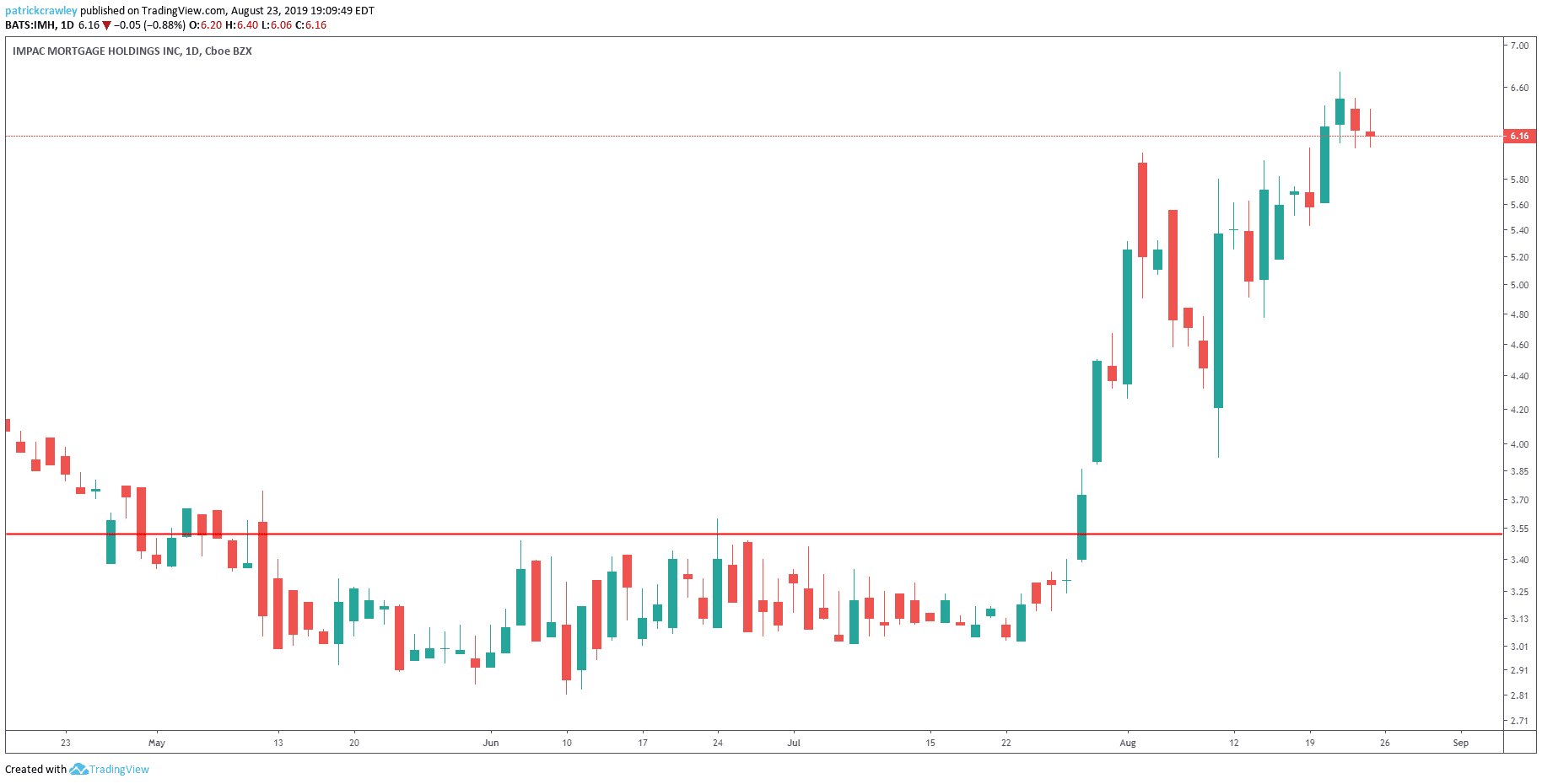
To implement this strategy, traders must identify support and resistance levels and closely monitor price behavior. When the price breaks above a resistance level or below a support level, a breakout is confirmed, and traders can initiate buy or sell positions accordingly.
· Range Trading Strategy
The range trading strategy is suitable for sideways-moving markets with clear upper and lower boundaries. In volatile markets that lack a clear trend, prices tend to oscillate between established levels of support and resistance.
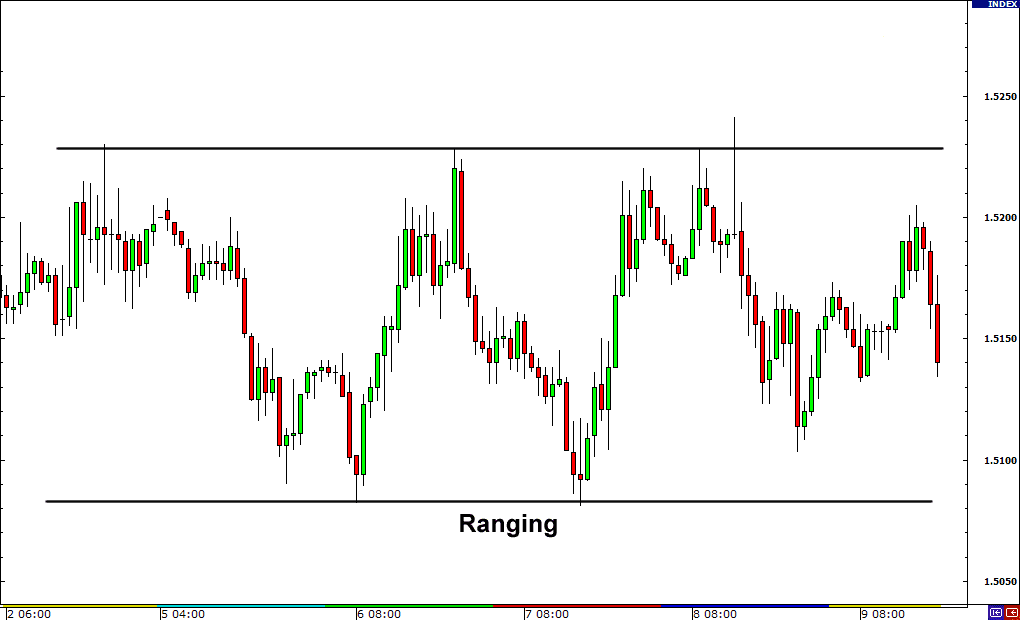
Range traders aim to profit from these price fluctuations by buying at support and selling at resistance. Patience and discipline are crucial in this strategy, as traders must wait for price bounces at the support or resistance levels before entering trades.
· Carry Trade Strategy
The carry trade strategy involves taking advantage of interest rate differentials between currency pairs. Traders using this strategy aim to earn the difference in interest rates between two currencies while also benefitting from any potential capital appreciation.
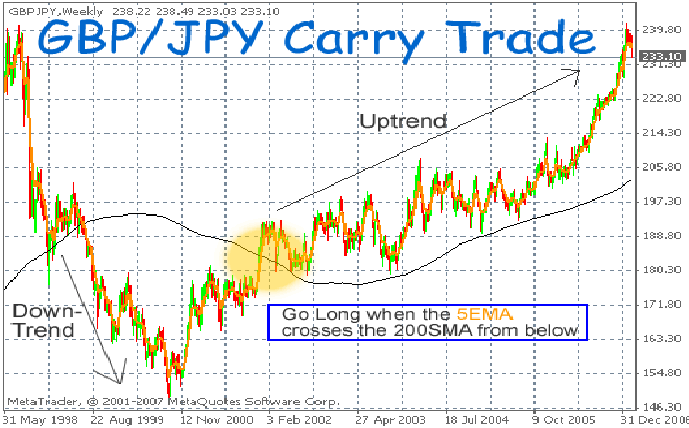
In volatile markets, the carry trade strategy can be challenging due to the increased risk of sudden currency value shifts. Traders must carefully assess market conditions and economic indicators before executing carry trades.
· Hedging Strategy
Hedging is a risk management technique used to protect against adverse price movements. In volatile markets, hedging can be a valuable tool to safeguard trading positions from potential losses.
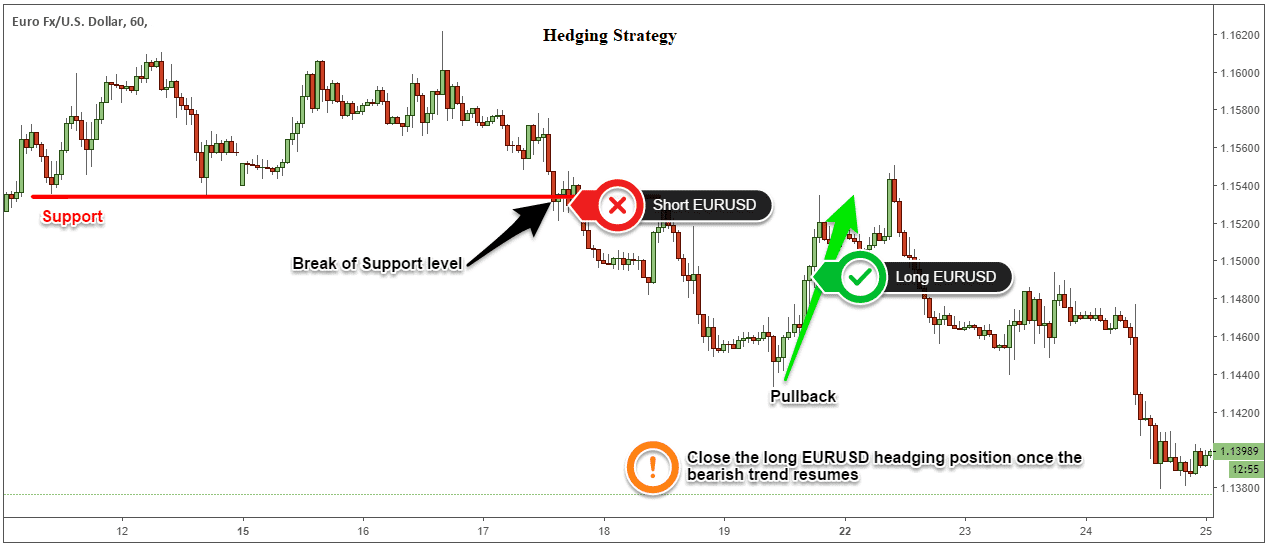
Traders can implement hedging strategies by opening opposite positions or using options contracts to offset potential losses. While hedging reduces risk exposure, it may also limit profit potential.
· News Trading Strategy
News trading involves capitalizing on market movements triggered by significant economic announcements or geopolitical events. In volatile markets, news releases can lead to rapid and substantial price fluctuations, creating opportunities for traders.
To effectively execute the news trading strategy, traders must stay informed about upcoming events, have a quick reaction time, and be prepared for increased market volatility.
Implementing Your Forex Trading Strategy
· Risk Management
In volatile markets, risk management becomes even more crucial. Traders must define their risk tolerance and set stop-loss orders to limit potential losses. Additionally, position sizing should be carefully determined to ensure capital preservation during adverse market conditions.
· Timing the Market
Timing is essential when trading in volatile markets. Traders should consider the timing of their entries and exits to maximize potential profits and minimize exposure to sudden price reversals.
· Analyzing Market Indicators
Technical and fundamental analysis play vital roles in volatile market trading. Utilizing various indicators and chart patterns can provide valuable insights into market trends and potential price movements.
Footnote
Forex trading in volatile markets offers abundant opportunities for profit, but it also comes with increased risks. Traders need to understand the dynamics of volatile markets and apply appropriate Forex trading strategies to navigate through uncertain times successfully. Whether it's breakout trading, range trading, carry trades, hedging, or news trading, each strategy comes with its own set of benefits and risks. By implementing robust risk management practices and staying disciplined, traders can make the most of volatile market conditions.
FAQs
Q: What is Forex trading?
A: Forex trading refers to the buying and selling of currencies on the foreign exchange market with the aim of profiting from currency price fluctuations.
Q: What makes a market volatile?
A: Several factors can contribute to market volatility, including economic data releases, geopolitical events, central bank announcements, and unexpected news.
Q: Are Forex trading strategies applicable in all market conditions?
A: While some strategies work well in various market conditions, certain strategies are specifically tailored for volatile markets to manage risk and capitalize on price fluctuations.
Q: How important is risk management in Forex trading?
A: Risk management is of utmost importance in Forex trading, especially in volatile markets. It involves setting stop-loss orders, managing position sizes, and defining risk tolerance to
protect against substantial losses.
Q: Is news trading suitable for all traders?
A: News trading requires quick reactions and can be risky due to sudden market movements. It may not be suitable for all traders, particularly those who are new to Forex trading or have a low-risk appetite.
Q: Can Forex trading guarantee profits in volatile markets?
A: Forex trading, like any investment, involves risk. While well-executed trading strategies can increase the probability of profits, there are no guarantees in volatile markets. Traders should approach Forex trading with caution and discipline.
Q: How can I stay informed about market events and economic indicators?
A: Traders can stay informed through financial news websites, economic calendars, and reputable Forex market analysis platforms. These sources provide updates on major market events and data releases that can impact trading decisions.
Q: What should I do during high-impact news events?
A: During high-impact news events, market volatility can surge significantly. Traders should exercise caution and consider temporarily closing positions, using protective stops, or refraining from trading altogether until the market stabilizes.
Q: Can beginners succeed in Forex trading in volatile markets?
A: While challenging, beginners can succeed in Forex trading in volatile markets with proper education, risk management, and discipline. It is advisable for beginners to start with small capital and gradually gain experience and confidence.
Q: Are there automated trading systems for volatile markets?
A: Yes, there are automated trading systems, also known as algorithmic or robotic trading, designed to execute trades based on pre-defined criteria. However, traders should exercise caution and thoroughly test any automated system before using it in live markets.
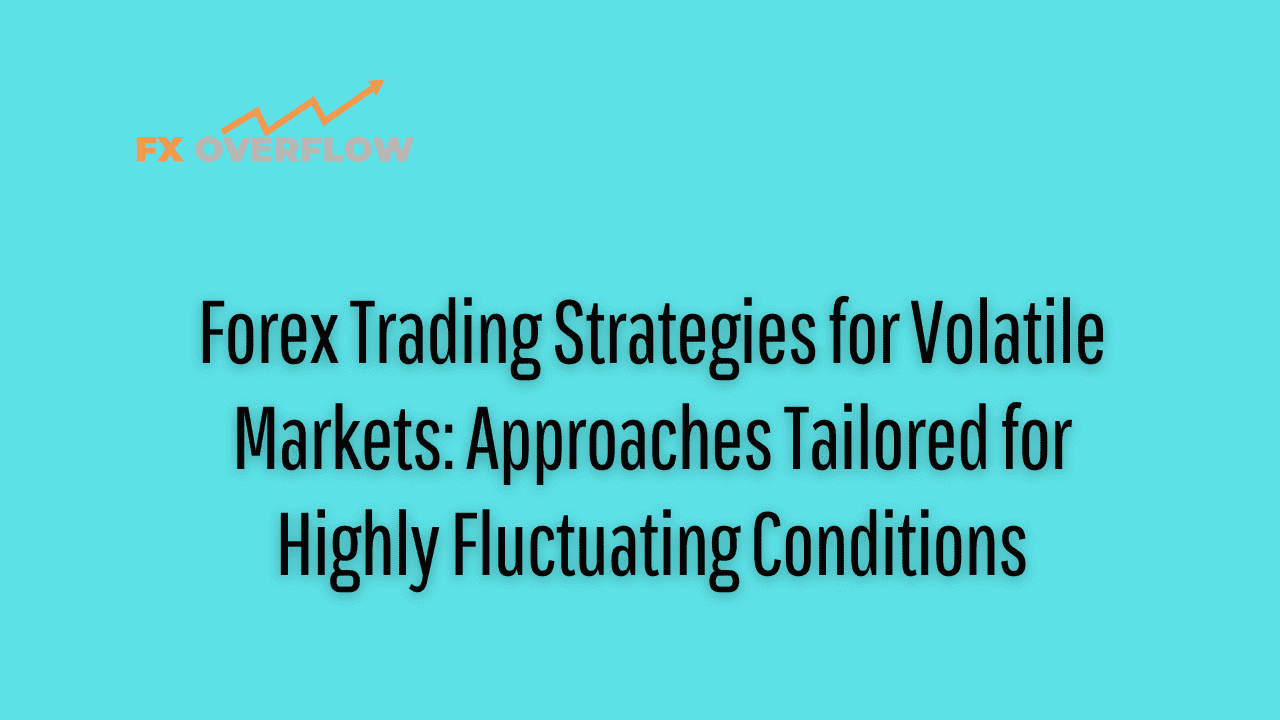










Discussion